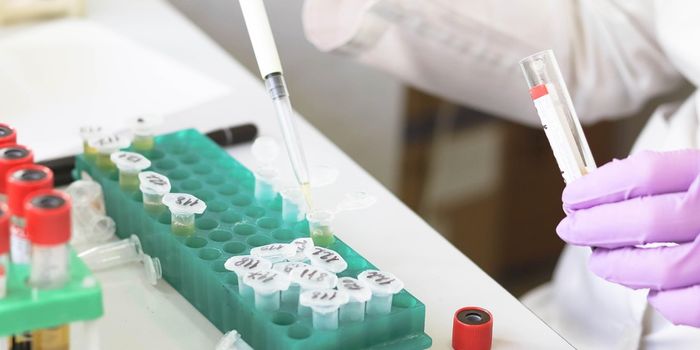One of the bigger questions in the field of neuroscience has been whether the amnesia that results from Alzheimer's or traumatic brain injury is caused by damage to brain cells storing memories or by damage to the mechanisms of memory retrieval.
Either way, memory loss is a frightening prospect since it's a major component to one's identity. Luckily, answering the question-and potentially solving the problem of memory loss-just got a lot easier. A groundbreaking paper provides strong evidence pointing to damaged memory retrieval mechanisms as the culprit in this type of retrograde memory loss.

Memory is a tricky thing conceptually, as anyone who's ever discovered that details of a shared memory don't match those of a friend or family member can attest. Neurologically it gets even trickier. That's why this discovery offers so much potential.
Susumu Tonegawa, who directed the research from his post as the Picower Professor in MIT's Department of Biology and director of the RIKEN-MIT Center at the Picower Institute for Learning and Memory, summed up the findings succinctly: "Amnesia is a problem of retrieval impairment."
Prior to the discovery by MIT researchers, the prevailing theory on memory has been that during the process of having a memory, physical or chemical changes activate a network of neurons known as memory engram cells. If these cells get activated, for example by an odor or a photograph, a constellation of neurons responds to provide a particular memory.
The paper, published in the journal Science, describes how researchers used a light technology called optogenetics to restore memories that were irretrievable prior to the treatment. The process involved adding proteins-which could be activated with light-to the relevant neurons in the hippocampus.
The researchers then used the optogenetic process to activate memory engram cells, which in turn were able to express a memory. But the experiment also showed the synapses connecting these cells had been strengthened by the process, or in Tonegawa's words, had "undergone this augmentation of synaptic strength."
The researchers had used anisomycin to block the synapses from strengthening-essentially blocking memory-before recovering memory function using the optogenetic procedure.
"If you test memory recall with natural recall triggers in an anisomycin-treated animal, it will be amnesiac, you cannot induce memory recall," Tonegawa reported. "But if you go directly to the putative engram-bearing cells and activate them with light, you can restore the memory, despite the fact that there has been no LTP."
LTP stands for long-term potentiation and describes what happens when, through learning and experience, synapses are strengthened and connectivity between neuron groups becomes enhanced.
Follow Will Hector on Twitter: @WriterWithHeart
(Source: Science Daily)









